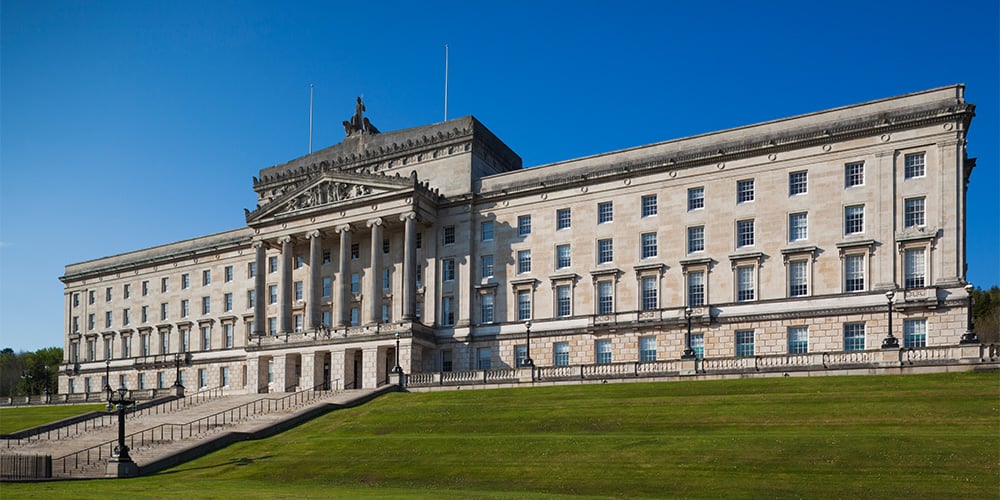Update your subscriptions for Grant Thornton publications and events.

Given the various leaks ahead of the budget, we were fairly sure what was coming before the shambolic early release of the Office for Budget Responsibility’s (OBR) assessment confirmed it.
The Chancellor’s words were no surprise. They followed a similar pattern – blame the last government for all the bad stuff and talk positively about delivering economic growth.
For all the talk about wanting to deliver growth, the OBR's headline judgment is stark. It has cut the UK’s underlying productivity growth rate to 1%, down from 1.3% just a few months ago. Productivity is the engine room of the economy; when it weakens, everything else follows.
The economy is now expected to grow at 1.5% this year before weaker growth than previously expected from 2026 onwards. Growth of around 1.5% a year is now the medium-term expectation. There was a time in the late 90s through to the financial crash when growth was averaging close to 3% a year. Those days feel distant.
The Chancellor talked up investment and stability in the public finances. But the OBR is clear: nothing in this Budget meaningfully raises output by the end of the decade. There is a small demand boost next year, but it fades entirely by 2030. For a government that wants to be judged on delivery, this is an awkward truth. You cannot deliver long-term prosperity without higher productivity, and this Budget does little to shift that dial.
Households feel the squeeze
Frozen tax thresholds – fiscal drag by another name – mean that as wages rise with inflation, more people slide into higher tax bands. The OBR projects almost a million extra higher-rate taxpayers by 2029–30. Real disposable incomes per head barely grow at all. This is the lived experience that sits behind the aggregate numbers: pay packets that look healthier in cash terms but don’t go as far in real terms.
There are, however, some genuinely important social policy steps. The removal of the two-child cap stands out. It will increase incomes for more than half a million families by over £5,000 on average, according to the OBR. It is one of the few measures that will make a clear and immediate difference to people’s lives, and represents a meaningful break with a policy that pushed many into hardship.
A slice of luck
I wrote previously that the Chancellor struck me as someone who couldn’t buy a break. That now looks like a case of ‘commentators' curse’, because she got a large slice of luck today.
What might have been a £16 billion productivity-driven hole in the public finances has been offset by higher inflation and stronger nominal earnings, which, in turn, have lifted VAT and income tax receipts. That stroke of luck has helped contribute to a doubling of the Government’s fiscal headroom. For those who treat the fiscal rules as a mark of competence, this will be welcomed. For everyone else, it’s a technical change, not a turning point.
Steady, serious, cautious – but not transformational
For Northern Ireland, where the Executive is grappling with a sizeable budget shortfall of its own, the UK picture offers little comfort.
An extra £370 million for NI from this budget does not touch the sides of our own fiscal challenges. As Westminster is pushing a narrative of raising taxes to fund renewal and fairness, Stormont will surely come under Treasury pressure to do the same.
And that, really, is the story of this second Budget: steady, serious, cautious – but not transformational. The Government talks often about growth. The OBR’s assessment reminds us how far away it still is and how hard it is to engineer.

